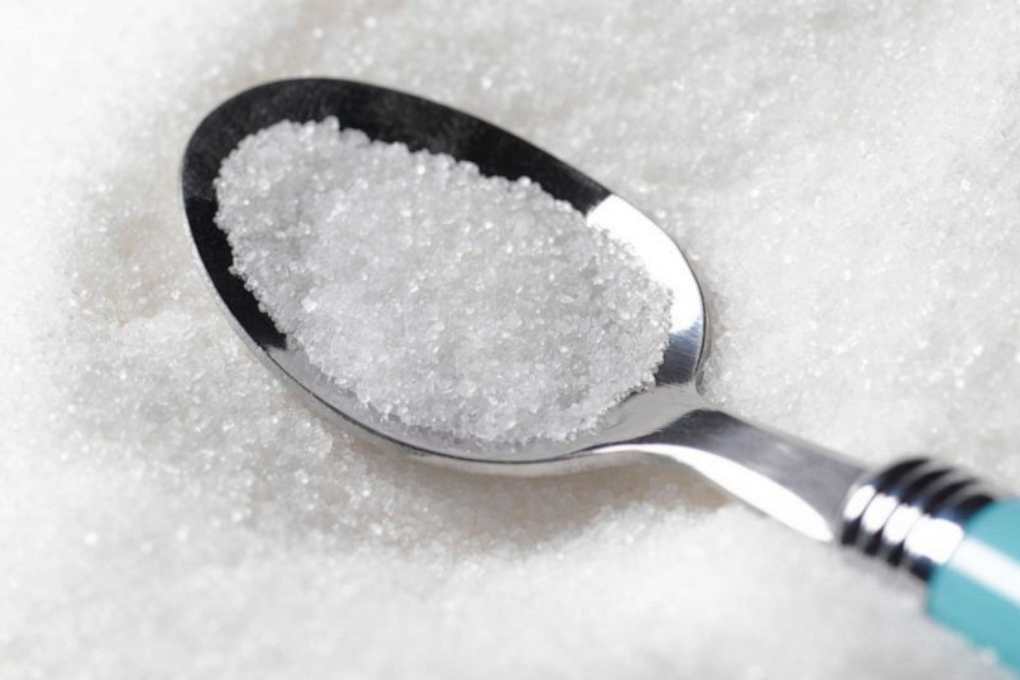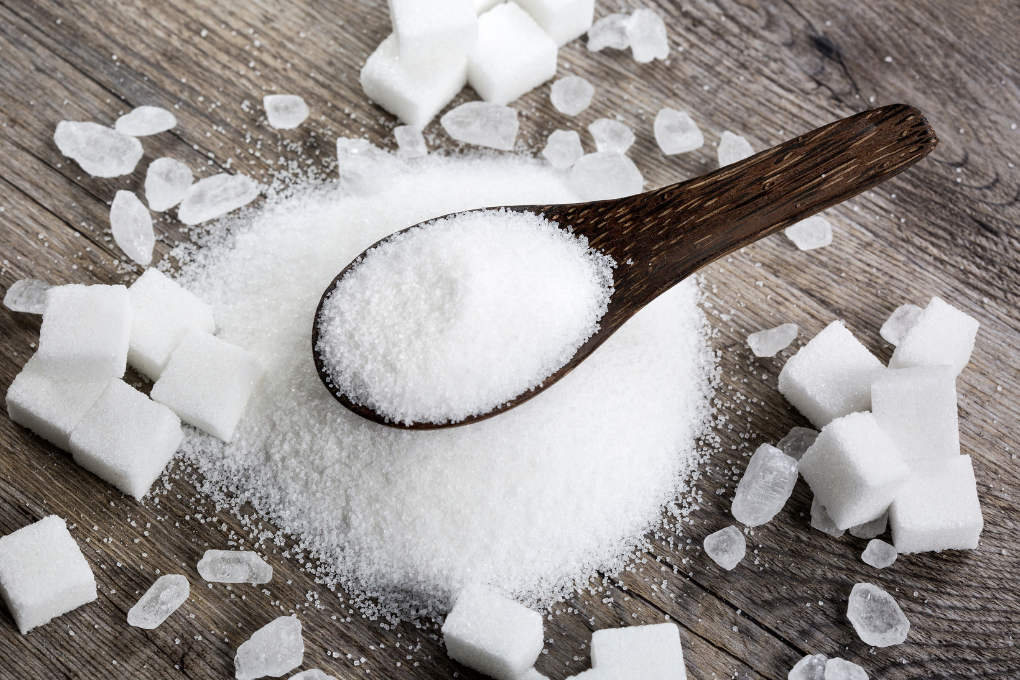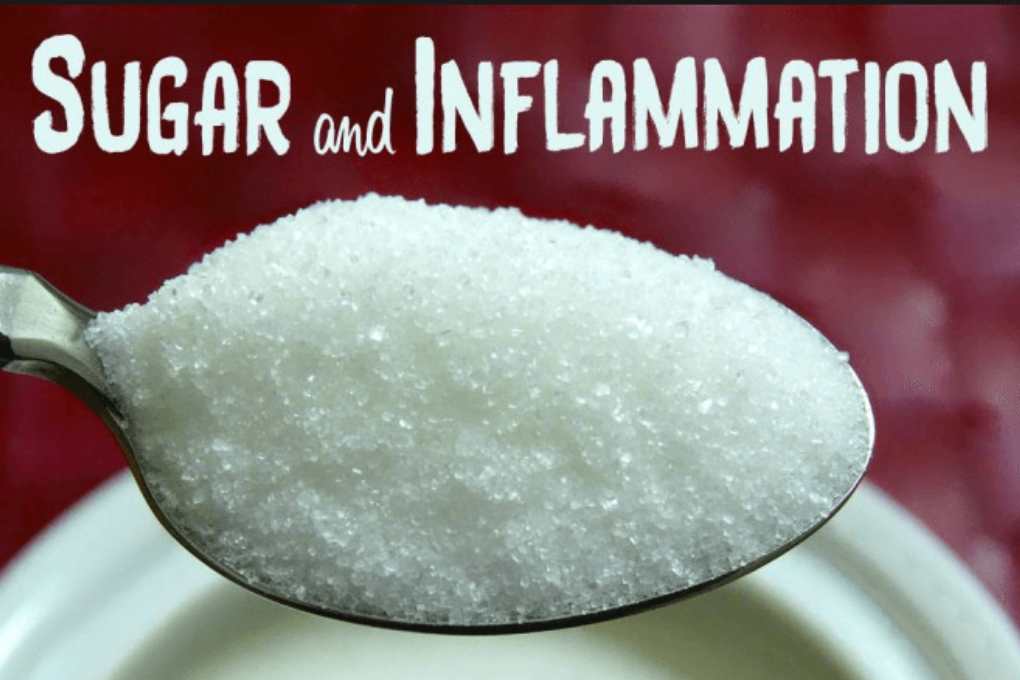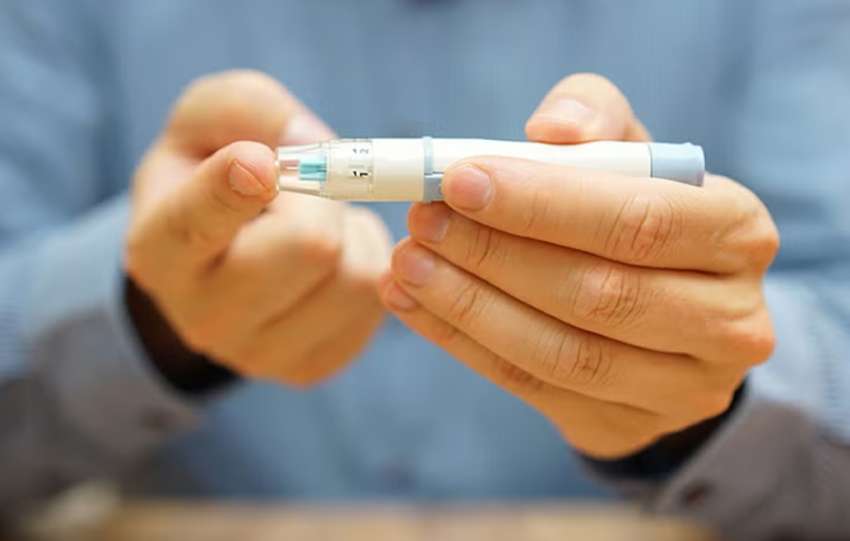
How Excessive Sugar Intake Can Damage Your Kidneys
The Impact of Sugar on Kidney Health
Excessive sugar intake has been linked to various health issues, including kidney damage. When we consume too much sugar, our bodies struggle to process it efficiently, leading to a buildup of toxins in the bloodstream. This can put a strain on the kidneys, as they are responsible for filtering out waste products and maintaining the body’s overall balance.

Over time, the constant overload of sugar can cause the kidneys to work harder than usual, leading to a decline in their function. This can eventually result in kidney damage or even kidney disease if left unchecked.
It’s important to be mindful of our sugar consumption and its impact on kidney health to prevent long-term complications.
How Sugar Affects Blood Sugar Levels
When we consume sugary foods and drinks, our blood sugar levels spike rapidly. This can put a strain on the kidneys, as they need to work harder to regulate the excess sugar in the bloodstream. The constant fluctuations in blood sugar levels can lead to insulin resistance, a condition that is closely linked to kidney damage.
High blood sugar levels can also increase the risk of developing diabetes, a major risk factor for kidney disease. Managing our sugar intake is crucial in maintaining stable blood sugar levels and protecting our kidney health.
By reducing our consumption of sugary foods and opting for healthier alternatives, we can support our kidneys and reduce the risk of long-term damage.
The Role of Sugar in Inflammation
Excessive sugar intake has been shown to promote inflammation in the body, which can have negative effects on kidney health. Chronic inflammation can damage the delicate tissues of the kidneys and impair their function over time.

By reducing our intake of sugary foods and beverages, we can help decrease inflammation in the body and protect our kidneys from damage. Choosing whole, nutrient-rich foods over processed sugary snacks can go a long way in supporting kidney health and overall well-being.
It’s important to be mindful of the impact of sugar on inflammation and take steps to reduce our consumption for the sake of our kidneys.
Effects of Sugar on Blood Pressure
High sugar intake has been linked to an increased risk of high blood pressure, a major risk factor for kidney disease. When we consume too much sugar, our bodies release insulin to help regulate blood sugar levels. This can lead to sodium retention and fluid buildup, putting a strain on the heart and kidneys.
Over time, the constant strain on the kidneys from high blood pressure can lead to kidney damage and impair their function. By reducing our sugar intake and maintaining a healthy blood pressure, we can protect our kidneys from long-term harm.
It’s important to monitor our blood pressure levels and make dietary changes to support kidney health and overall cardiovascular well-being.
Preventative Measures for Kidney Health
To protect our kidneys from the damaging effects of excessive sugar intake, it’s important to make conscious choices about our diet and lifestyle. By reducing our consumption of sugary foods and beverages, we can support kidney health and prevent long-term complications.
Incorporating more whole, nutrient-rich foods into our diet, such as fruits, vegetables, whole grains, and lean proteins, can provide essential nutrients that support kidney function and overall well-being. Staying hydrated and maintaining a healthy weight are also important factors in protecting kidney health.
Regular exercise, stress management, and avoiding smoking and excessive alcohol consumption can further support kidney health and reduce the risk of damage from high sugar intake. By taking proactive steps to care for our kidneys, we can prevent long-term complications and maintain optimal health.





